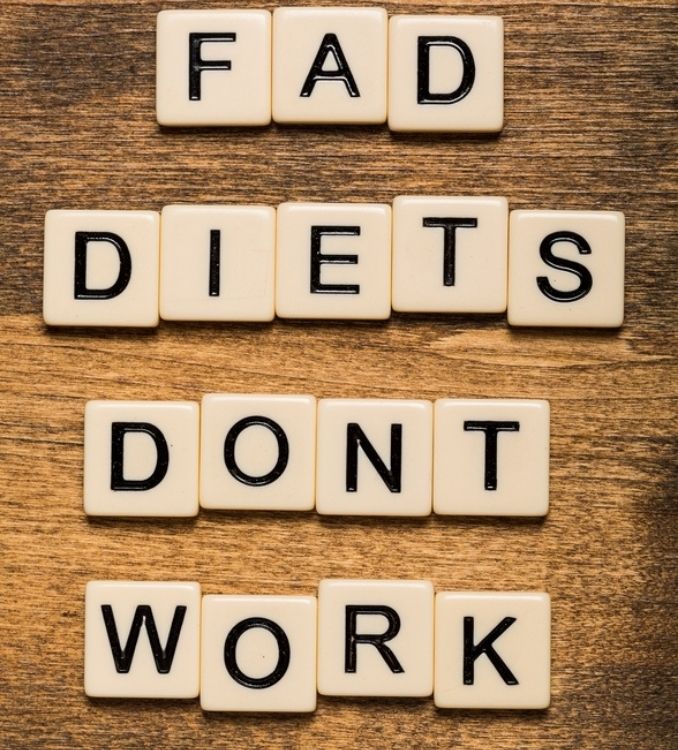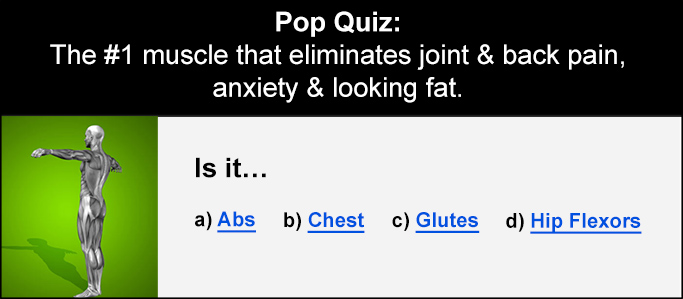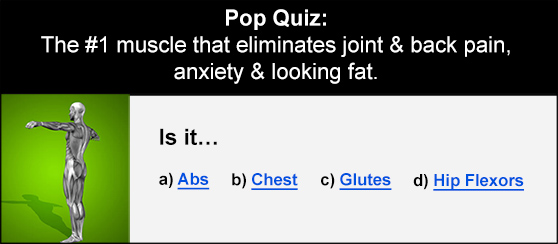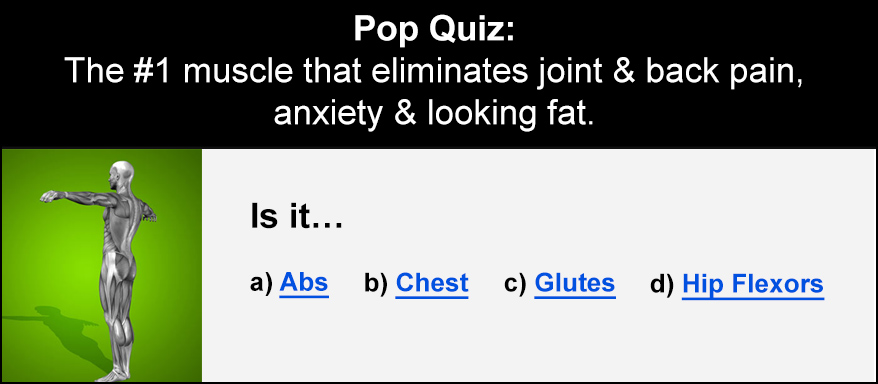Weight loss is a goal for many individuals; however, it’s essential to be realistic about the necessary steps for success. One of the best ways to ensure you reach your weight loss goals is journaling. Keeping track of your weight loss efforts through journaling helps you keep track of what you eat and, more importantly, how you feel after eating. Take notes detailing your thoughts and feelings surrounding food and hunger. Noting how you feel when there are dips in the day when hunger kicks in can help provide perspective on how to achieve your goals. Losing weight is not an easy process, so simply wanting to lose weight usually isn’t enough to make this happen. Setting realistic goals can help reinforce positive behavior changes and encourage healthier eating choices. This, in turn, will enable you to lose weight more effectively over time. We must approach losing weight much like we would any other process, understanding that there may not always be immediate results.

Losing weight isn’t easy, but being prepared and knowing what not to do can make it just a little bit easier. Whether you’re a newbie or a seasoned vet, following the proper steps and avoiding some common weight loss mistakes can help you stay on track and reach your goals more effectively. Regardless of what your weight loss goals may be, there are some mistakes that you’ll want to avoid, like falling prey to unhealthy fad diets and succumbing to unhelpful habits.
Below we have shared some common weight loss mistakes that can derail your weight loss success and cause unnecessary frustration.
1. Not Exercising Regularly and Not Including Strength Training
It is not necessary to exercise every day. You need to be active for your body to function well. It’s as easy as taking a walk during your lunch break or walking your dog outside at night. It would help if you focused on planned, intentional exercise rather than simply exercising when you can. It’s essential to build an exercise plan and stick to it. If you can find even 30 minutes to exercise each day, stick with the program and make sure this becomes a daily routine.
On the other hand, strength training helps you lose weight in a few ways. First of all, it’s a great way to increase your metabolism. The more muscle you have, the higher your metabolism. Secondly, it helps prevent weight gain because it’s a way to increase your metabolism without increasing your intake. And finally, it’s a great stress reliever and mood enhancer, which also helps with weight loss.
There is no doubt that strength training is beneficial in the fight against obesity and many other conditions.

2. Mindless Eating
One thing that is always in our control is how much we eat. Several free websites and apps allow you to enter your body data to learn the optimal caloric range to follow based on your weight loss goals. Once this has been established, tracking your food consumption will make it easier for you to determine how many calories have been consumed throughout the day. Once you have been monitoring for several months (several months), you will likely be better equipped to recognize your patterns – when you eat well versus when you don’t. This allows you more freedom in eating without sabotaging yourself. Be aware of how much you’re eating! Start tracking!

3. Jumping From One Fad Diet to Another
Whenever someone shares how they’re getting great results from their diet plan, it can quickly generate hype and build interest for trying it ourselves. That is understandable and relatable. The only downside of this is that, while some diets work for one person, they might not have the same level of success for others. It’s not because the diet’s not practical, but rather that each individual’s lifestyle and body composition differs. Your body, in particular, isn’t like everyone else’s.
The best approach to dieting is to create a plan and stick to it. This way, your body will be in a state of homeostasis (the status quo) because it won’t feel confused about which changes are happening. What type of exercise do you enjoy? Which foods make you feel happy? How many calories does your body need each day to support itself? Using this information to create your plan will result in better outcomes than falling victim to some fad diet that promises magical effects.

4. Not Eating Enough Protein
When you’re trying to lose weight, you probably aren’t considering the importance of consuming enough protein. After all, if you’re focused on shedding pounds, you’re likely primarily focused on cutting calories. However, you should know that protein plays a big part in weight loss, and not eating enough protein can make it difficult to lose weight. Protein makes you feel fuller for longer and keeps you from craving fatty and sugary foods. It also helps with muscle preservation and maintaining a healthy metabolism.

5. Not Eating Enough Fiber
For many people, losing weight means cutting back on calories. But to be successful, you need to keep your hormones in balance. One of the ways you can do this is by incorporating a high-fiber diet. Fiber is vital in weight loss, so make sure that you consume enough to get the desired result. If you’re not big on vegetables, try incorporating fruits like raspberries, apples, blackberries, pears, and oranges into your diet for some much-needed fiber. Besides protein, fats and carbs are essential in any healthy weight loss plan, don’t neglect the importance of fiber, and make sure that your body has plenty to help keep off unwanted pounds!

It’s probably no surprise that many of us have a few unconscious bad habits we’re trying to break regarding our diets. Trying to lose weight can be a tough challenge, but if you can recognize and address the patterns holding you back, you’ll be on the right track to achieving your goals.
Being overweight is not just a cosmetic issue – it has profound health implications. Weight loss is necessary to improve your health and reduce your risk of developing diabetes, hypertension, and cardiovascular disease. Even if you don’t currently have these specific diseases, being overweight increases your risk of developing them in the future. 7
Try not to let the scale determine your worth. As much as it is tempting to view your weight loss in terms of the number on the scale, there are other, more meaningful ways to gauge your progress.

One of the essential parts of a weight loss plan is establishing a support group of friends or family members who can offer advice, keep you motivated, and help you reach your goals. Support can be another key to success.







